|
30th January 2022
A long day of gaming had come to it's conclusion and we were logged into Board Game Arena for the final game of the evening; Love Letter. Read my thoughts on it here.
0 Comments
30th January 2022
Sunday night gaming on Board Game Arena continued with Lucky Numbers. Read my blog on it here. 30th January 2022
Can't Stop was the next game we played on Board Game Arena during Sunday evening gaming. Read my blog about it here. 30th January 2022
The next Sunday evening game on Board Game Arena was Dice Hospital. Read my blog on it here. 30th January 2022
Sunday gaming continued in the evening on Board Game Arena. The first game of the night was 6 nimmit! Read my blog on it here. 30th January 2022 Sunday and we're at The Sovereigns for a rare afternoon of gaming and the beginning of a day of gaming. Twirl your moustache and laugh your evil cackle! It's time for Marvel Villainous: Infinite Power, a game about the poor misunderstood bad guys of the Marvel Cinematic Universe. What's in a game?
It's clear that the game's art direction draws influence from the Marvel films but wisely steers clear of actually using stills from them. Instead the art looks familiar but also comicbook-like, which means it's mostly brash and colourful. There's a lot of illustrations throughout the cards and none of it seemed bad. Marvel Villainous uses a fair amount of icons and to be honest they weren't very clear initially but the reference sheet provided meant that it wasn't an issue and after a coupe of turns it was pretty clear. How's it play? Setup
On to play In Marvel Villainous, the active player moves their pawn to a location performs an action from that new location, play then progresses clockwise to the next active player.
Endgame The first player to complete their objectives immediately wins. Overall
In Marvel Villainous, players for the most part will be concerned with advancing their own particular objective (Unless they're playing Thanos!) and will look to optimise their plays. Since a pawn cannot stay on the same location for 2 consecutive turns, players will also want to think at least a turn ahead. Occasionally the opportunity to mess with other players will arise. Players can also employ the fate deck to interfere with opponents as well but this has the chance to backfire. Having said that, players will need to keep an eye on their opponents who might be close to completing their objectives, in which case priorities will no doubt change, forcing players to decide which is most important. Thematically I think the game is strong and I like the asymmetrical play and objectives, how they follow the storylines from the related films is well done and shows some flexibility and scope in the game's mechanics. The core mechanics are pretty solid but I did have few issues with the game. The asymmetrical objectives are good, it also didn't feel very well balanced. Certain supervillains had easier objectives to complete, or so it seemed. I'm not 100% on this though I found the event cards slowed the actions down without adding any noticeable value to the game, they're just added obstacles and resolving them is identical to vanquishing enemies, only with a harder, higher strength to overcome. Consequently, it probably extended game, making it a little too long. I also found the game perhaps a little unengaging. I think this is down to how each supervillain has their own deck and that deck never changes. It means the only strategies available are the ones granted to me by the deck and it feels like the game is holding my hand. There's definitely some card synergy going on in each deck but a hand size of 4 feels like it limits that synergy and is something I feel was a deliberate decision. As result, I'm unsure of the game's longevity. I feel that the rules are a little fiddly as a result of the asymmetrical elements but ultimately, Marvel Villainous is for the most a pretty straightforward game and looks more complicated on paper than in play. This is no surprise as I'm sure it's a game meant to have crossover appeal. So, having said all of that however, I'm probably not the target audience here. Core gamers probably won't find much to get their teeth into here but for more casual players, particularly those who are fans of the Marvel films, this light-ish game might be some fun. 28th January 2022
We're round Simon's for some Friday night fun, the next and final game of the evening was Dice Hospital. Read my blog on it here. 28th January 2022 It's Friday evening and we're round Simon's for a night of gaming. The game of the night was Apollo. Houston.... we've had a game here. One small step for gaming and errr, umm... one cooperative game for gamers? Anyway, enough of the bad jokes. What's in a game? Apollo is an symmetrical cooperative game where 1 player take on the role of mission control and the other players take on the role of astronauts on the titular mission.
The boards, tokens and player screen are all constructed of suitability thick card. While the dice are not wooden, they use a old school LCD numeric font for the numbers which is pretty cool, as are the pouches to store the mission cards. The astronaut board and particularly the player screen feature very well themed artwork that calls back to sixties computer tech. The art on the astronaut board displays various dials and buttons is perhaps a little sparse but is also clean and doesn't interfere with the game element. Most of the player screen is decorated with evocative artwork of of what I imagine is module controls, the inside has some game information but the rest is an illustration of what mission control might look like. Dig the cup of coffee! The art that depicts the Earth and the Moon is perfectly fine, they look like what they're meant to. Finally, the flight stage cards are double-sided and as each one is completed, it's flipped over to show an illustration of that actual stage, which is a nice touch. The game features little in the way of dedicated iconography, all the information is presented clear terms and is easy to comprehend. How's it play? Setup Since Apollo is a asymmetrical game, it has a asymmetrical setup.
On to play Apollo is played over a number of rounds, each round has its setup and then is played over a number of turns. To make matters worse, Apollo is played in real time and each round only lasts 4 minutes.
What are these actions and how do they work?
Endgame During play, if the module passes a flight stage space on the board without completing its requisite task or the flight control rating is lower then 4, then the mission immediately fails. If the module reaches splashdown without completing the required number of experiments, then the mission fails. However, if all the flight stages and experiments are completed, then mission is a success and the players win the game. Overall
The rules for Apollo sound quite clunky in writing but in actual play, they felt straightforward and once players begin performing actions, it becomes quite understandable. I wouldn't call it a crossover game but I imagine that it would be easy to pick up. Apollo is quite unusual, being an asymmetrical cooperative game and I think it fits its theme quite well too. Having that slight disconnect between mission control and the astronauts somehow lends the game a greater sense of teamwork. Astronauts having to rely on mission control to get information and mission control having to rely on the astronauts to get comms tokens and to be able to make changes to systems means players have to work together. It's definitely a bit different to the typical cooperative game where players are cooperating but generally sort of off doing their own thing. Another noticeable and welcome difference is how there's no characters running round a global board trying to stop the spread of something here. During the game, players will be, broadly speaking, faced with 3 types of obstacle; successfully completing flight stages, successfully completing experiments and firefighting damage that occurs during the flight. There's a real need to strike a balance between these 3 priorities and players will also have to approach this as efficiently as possible, the flight module moves along the board after every turn and is in essence another countdown timer. It means planning for the known variables of the flight stages, somewhat knowable experiments and also reacting and adapting to unpredictable damage inflicted on the command module and there will be damage! There are 15 damage spaces on the flight damage board and only 10 dice to cover them, that means at least 5 damage to the systems every round. Being a cooperative game, Apollo uses the luck or specifically the bad luck that arises from rolling those dice to challenge players. The game also features a time limit in the form of a 4 minute timer: On paper this might not seem like much time but in play it's perhaps a little overgenerous. 4 minutes to assign 10 dice works out to be 240 seconds for 10 dice or 24 seconds per die, which we did not find much of an issue. We played the Gemini mission board a couple of times and it didn't present too much challenge for us, there were a definite couple hiccups and dicey (sic) moments but otherwise it was pretty much plain sailing or more accurately, plain err.... orbiting? Mission control never had to reach for the puzzle boards. However, we are a fairly experienced band of players and maybe for once, the luck went our way this time. We didn't get round to playing the Apollo mission board which is probably where the meat of the game lies and certainly looks more challenging, so I'm reserving judgement on the game's difficulty. I'm not certain about the game's replay-ability either, it wasn't boring but at the same time felt a little samey, players are ultimately just assigning dice to tasks, some of which may become quite familiar over multiple plays. Easy to learn with a reasonable play time and providing some interesting decisions to make, I'd say that Apollo is a good game to play every once in awhile and if cooperative games are your cup of tea, then it's definitely worth checking out this fresh take on cooperative gameplay. 27th January 2022
The final day of Thursday gaming on Board Game Arena was Love Letter. Read my blog on it here. 27th January 2022
Thursday afternoon gaming on Board Game Arena continued with Lucky Numbers. Read my blog on it here. |
AuthorI play, I paint. Archives
March 2024
Categories
All
|

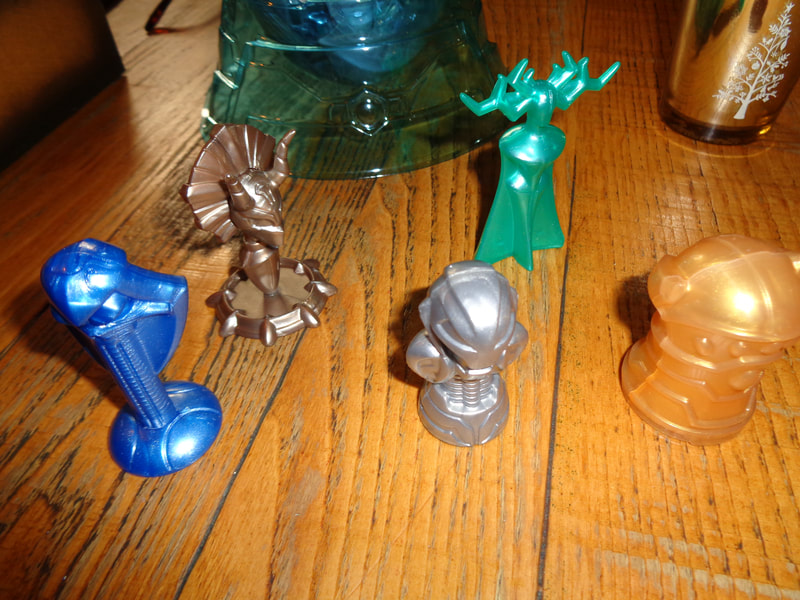
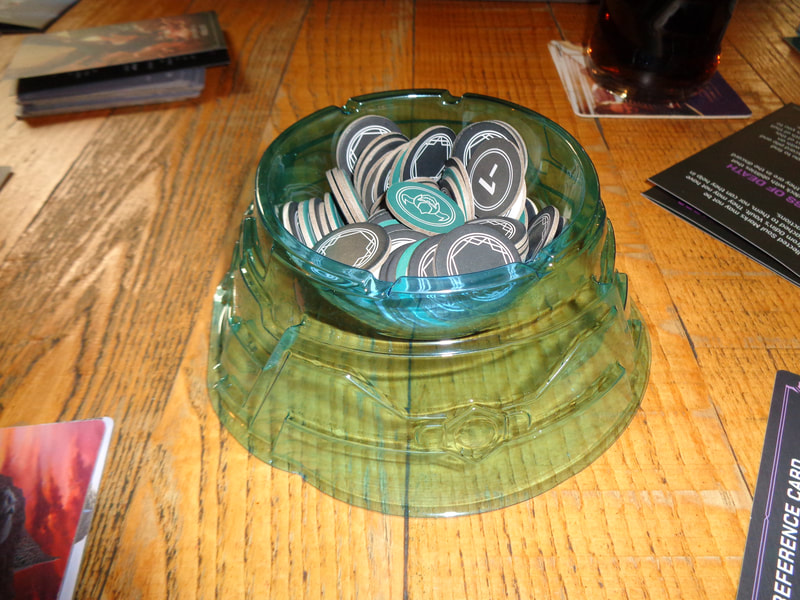
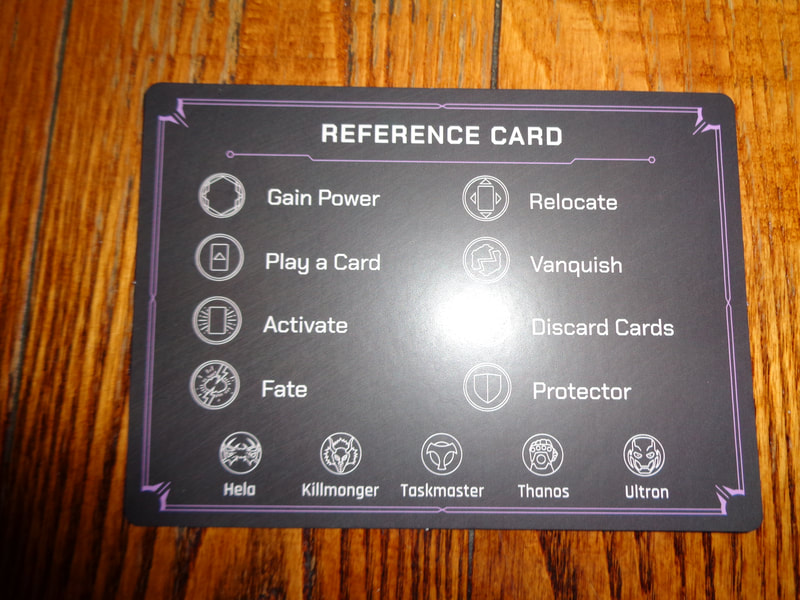
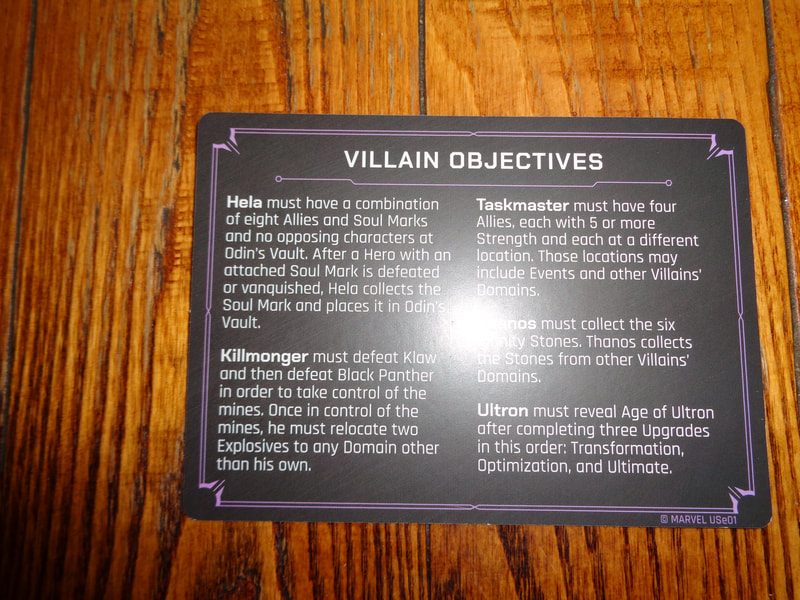
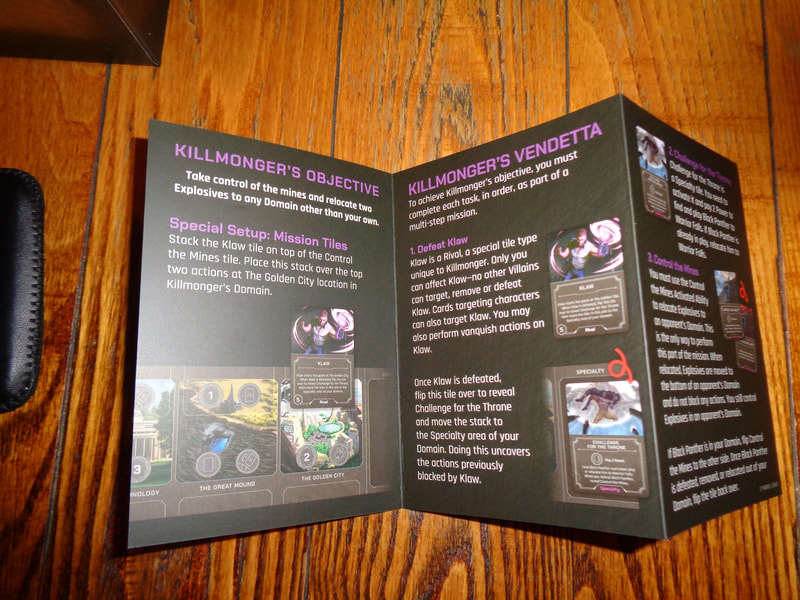
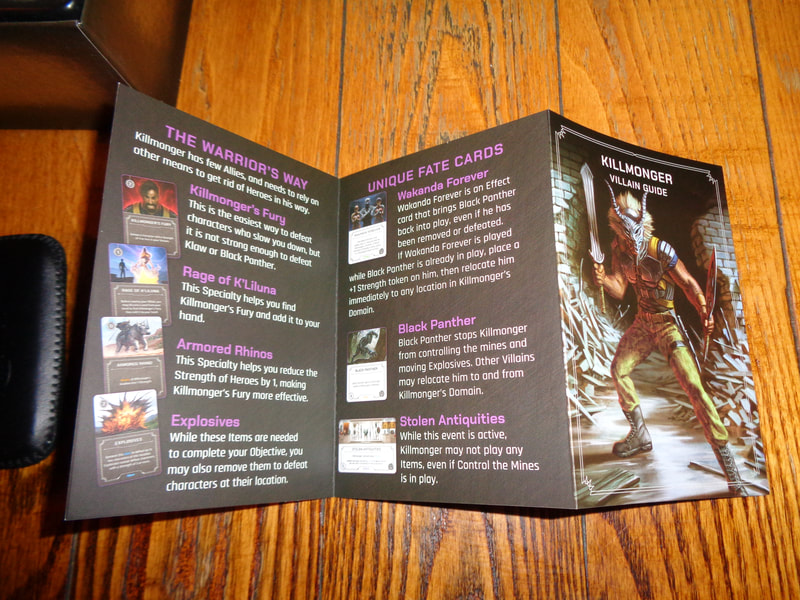
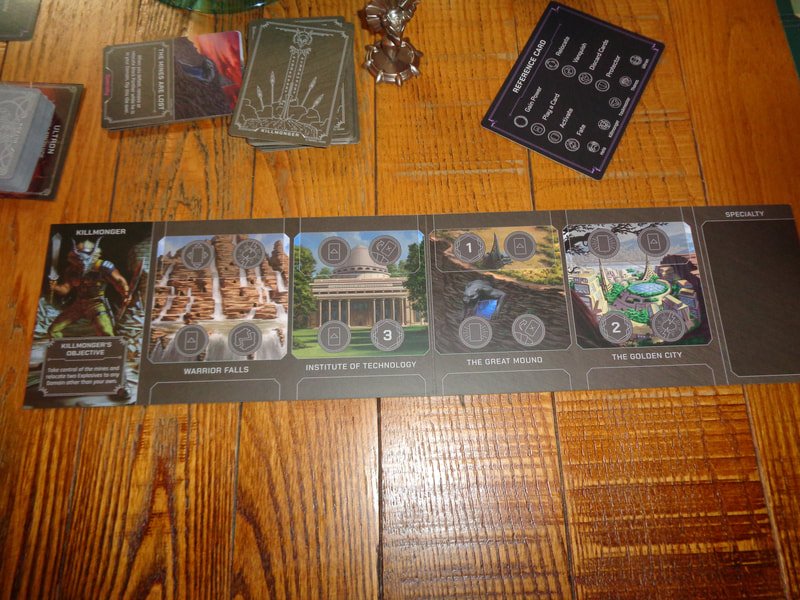
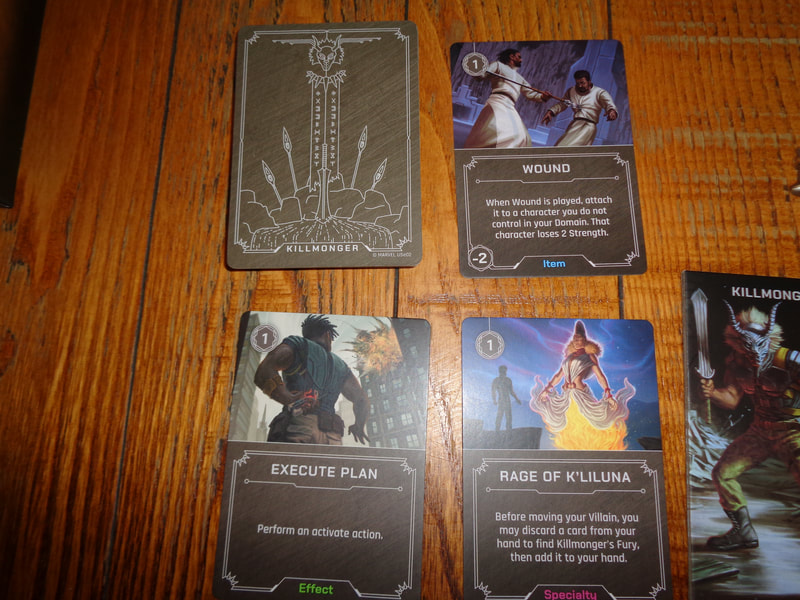
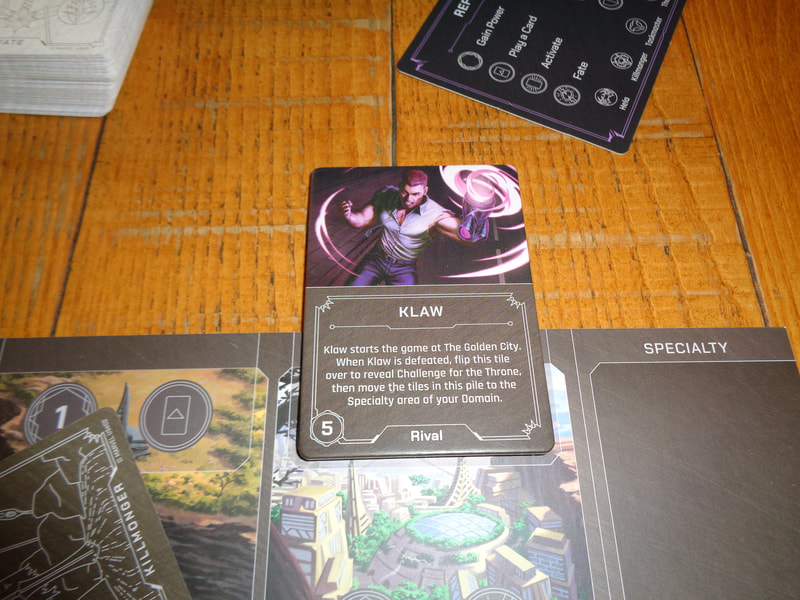
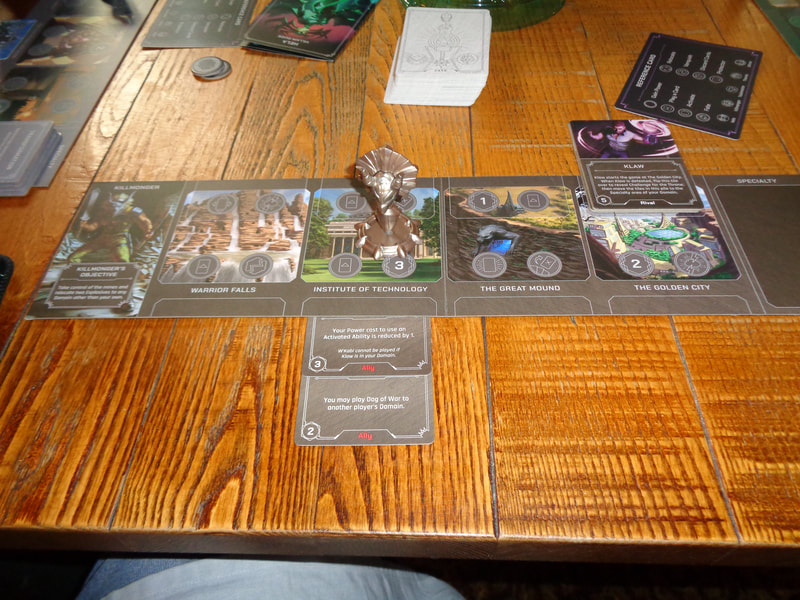
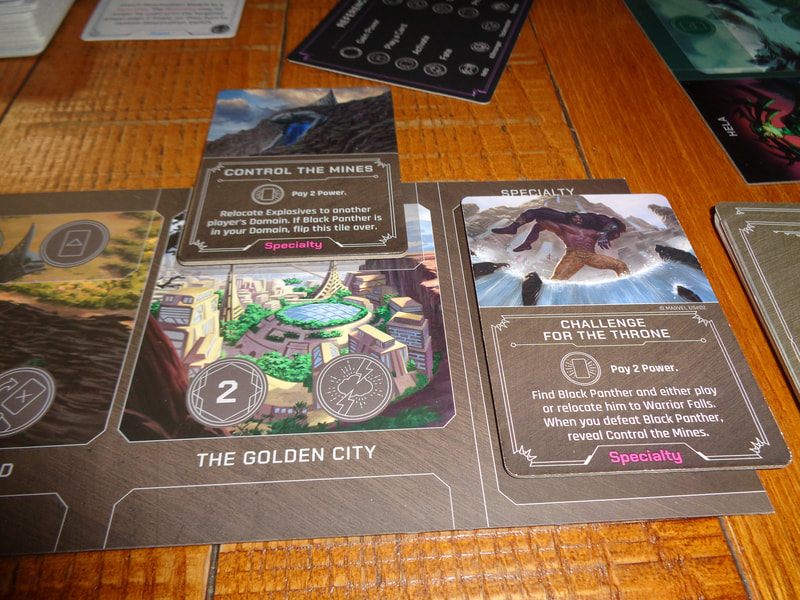
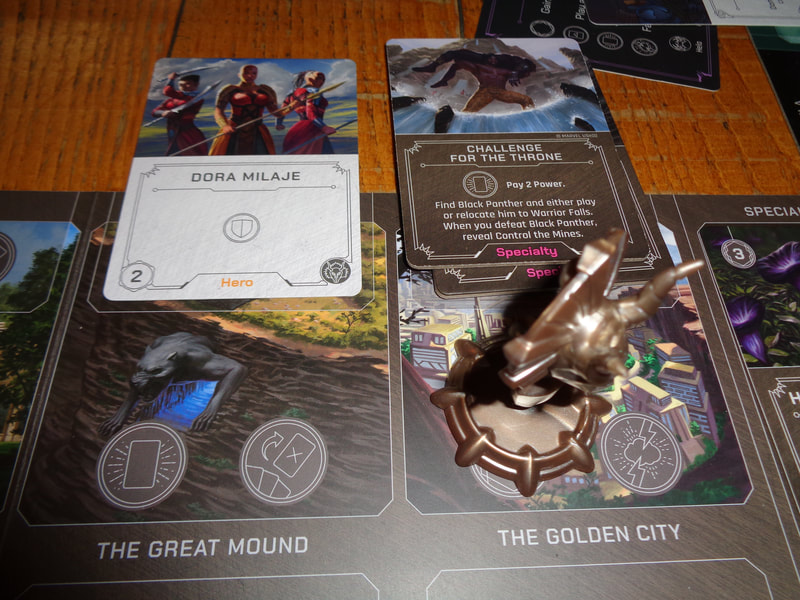
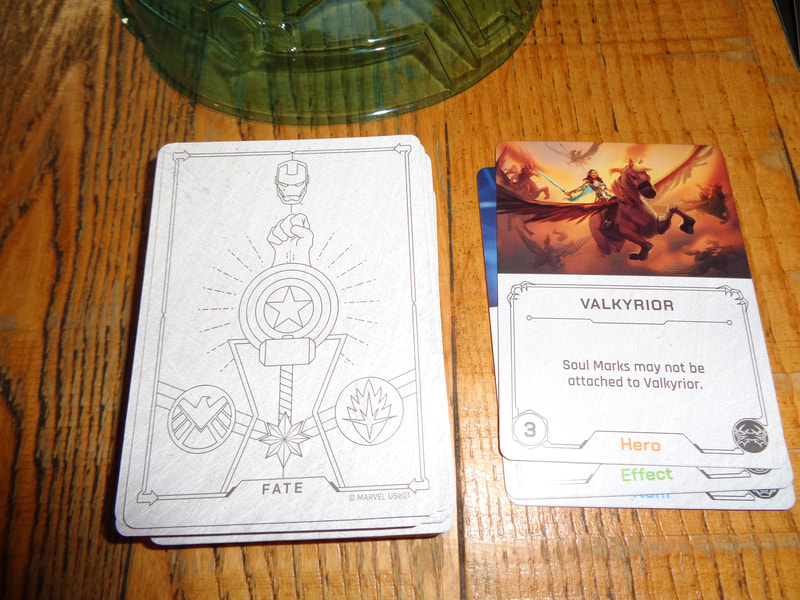
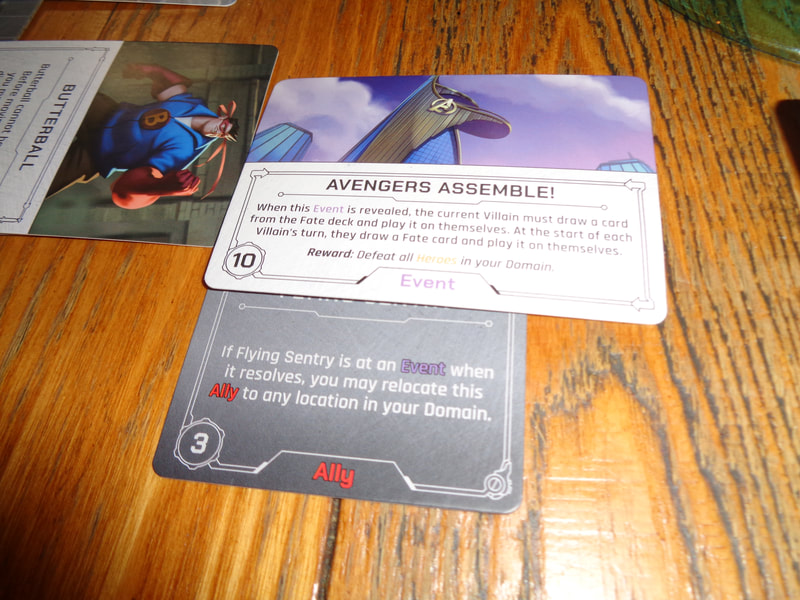
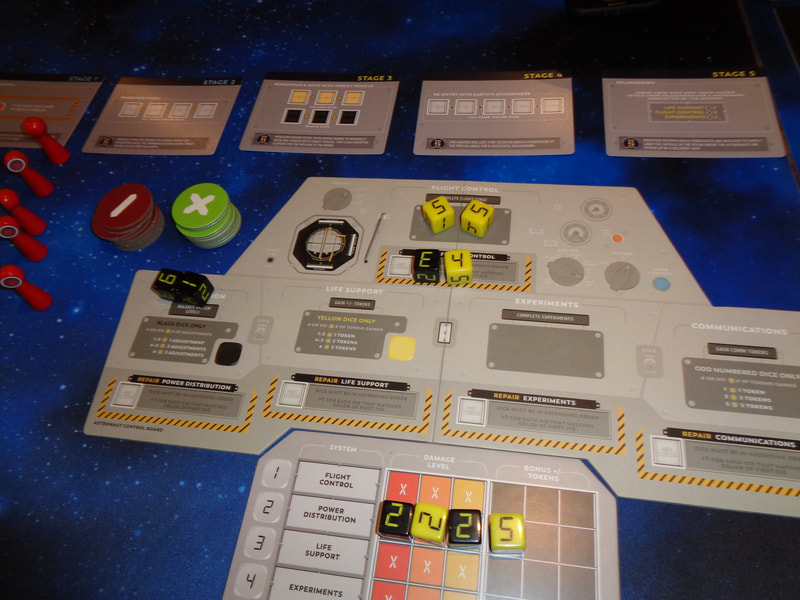
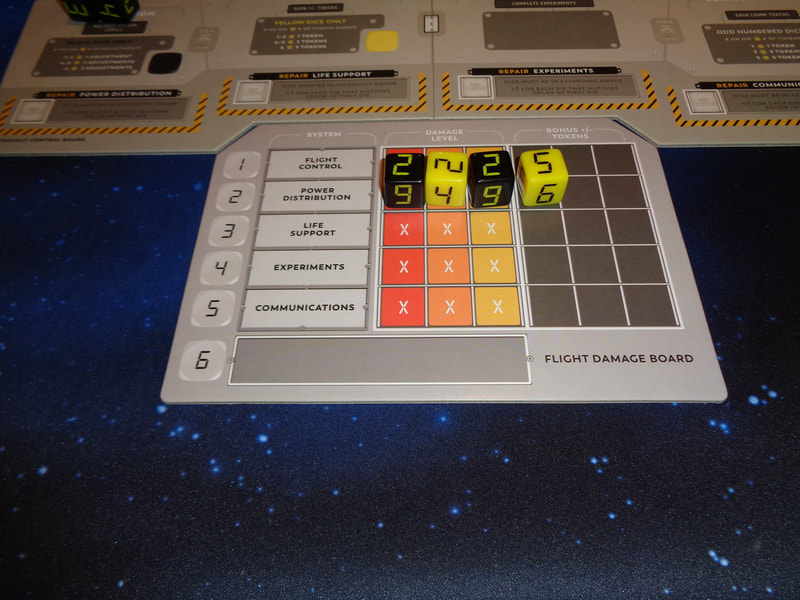
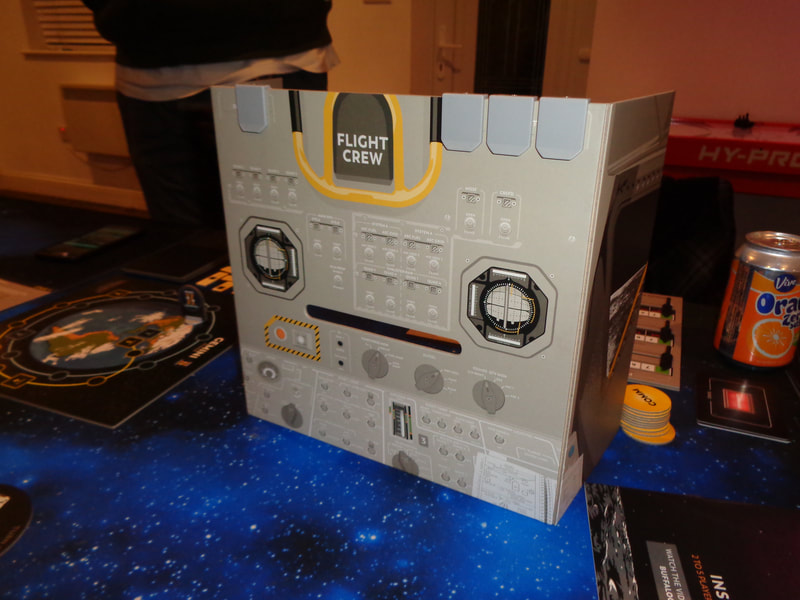
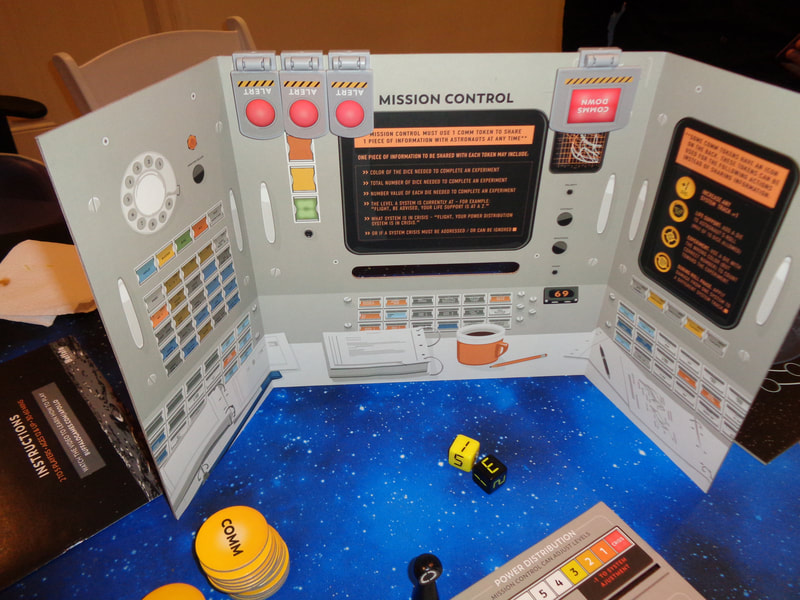
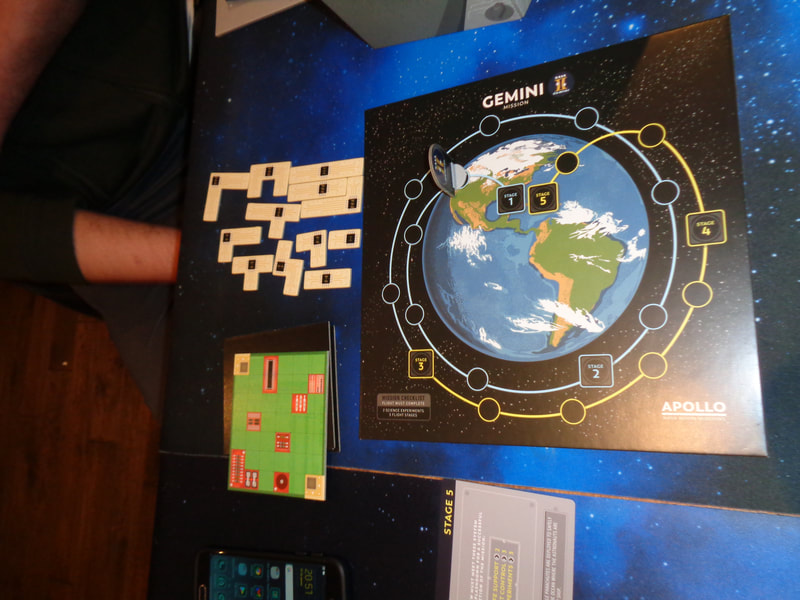
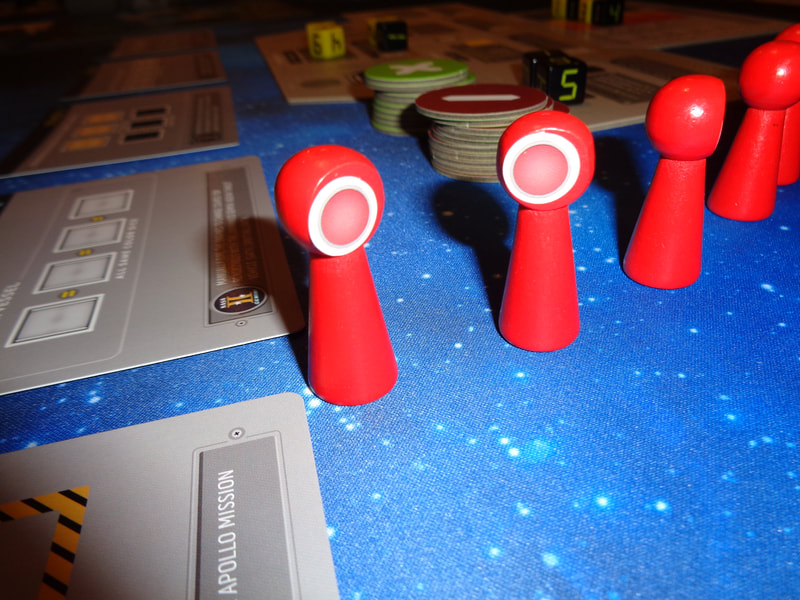
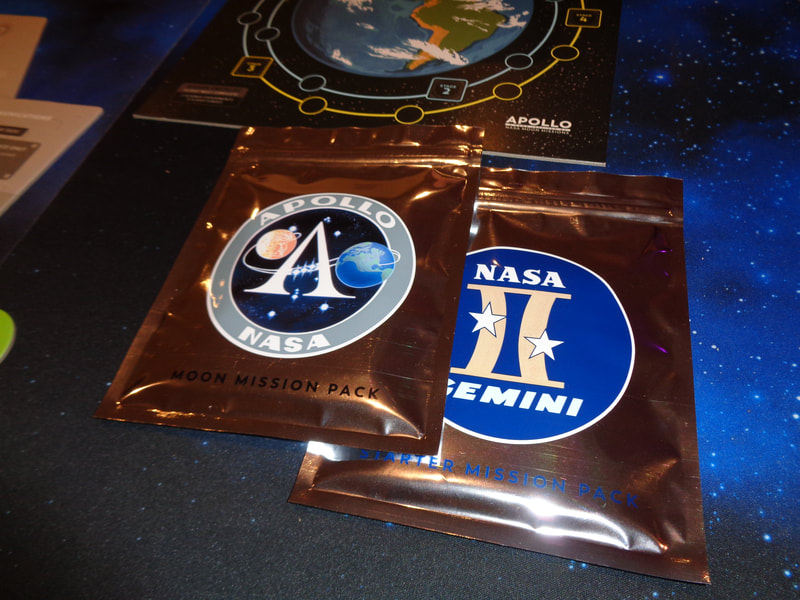
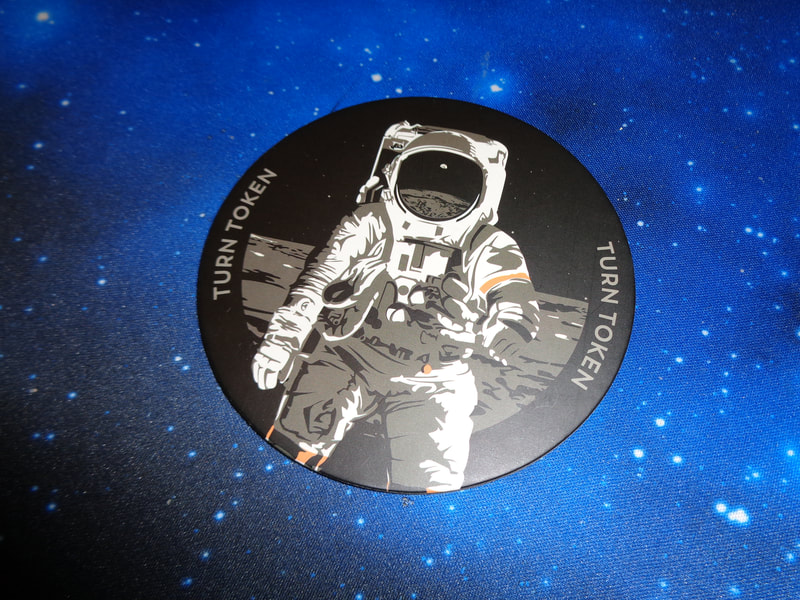
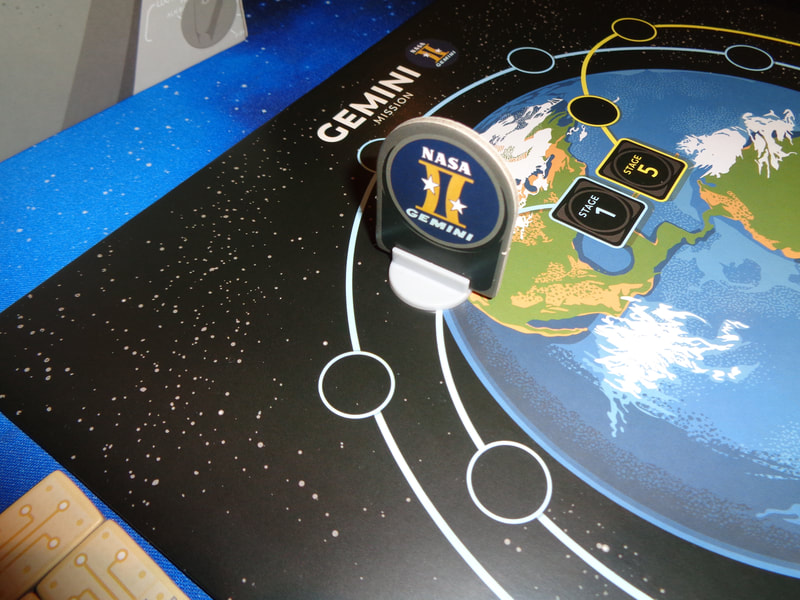
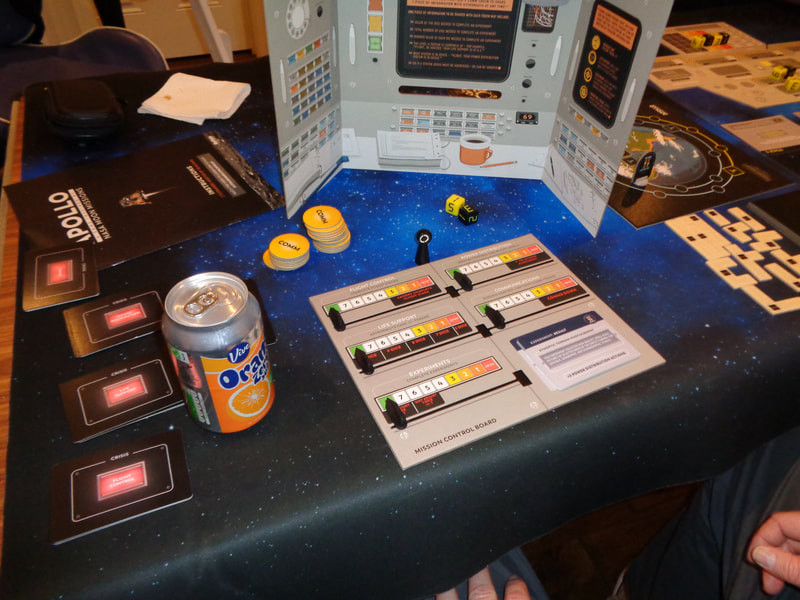
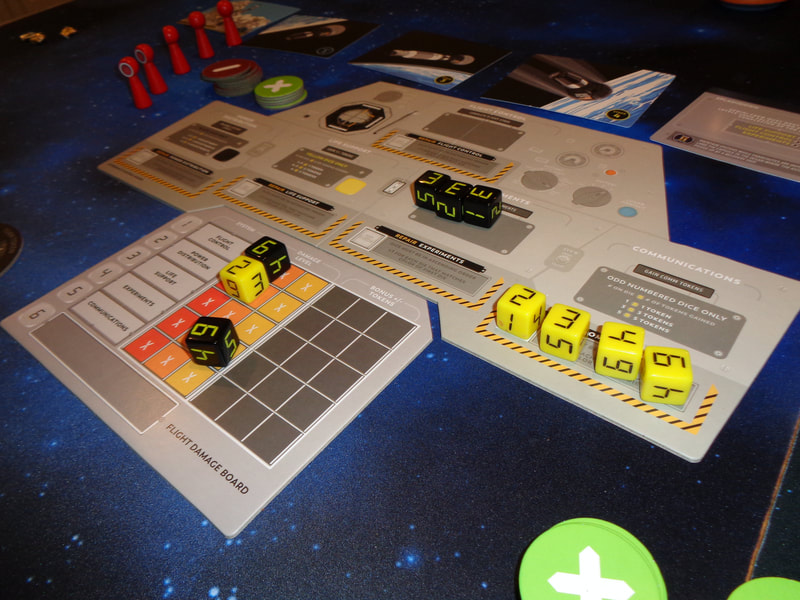
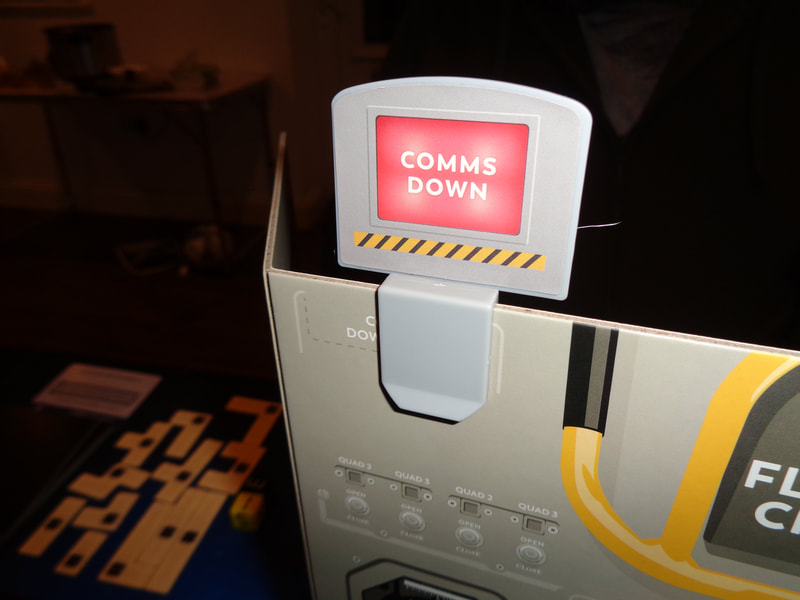
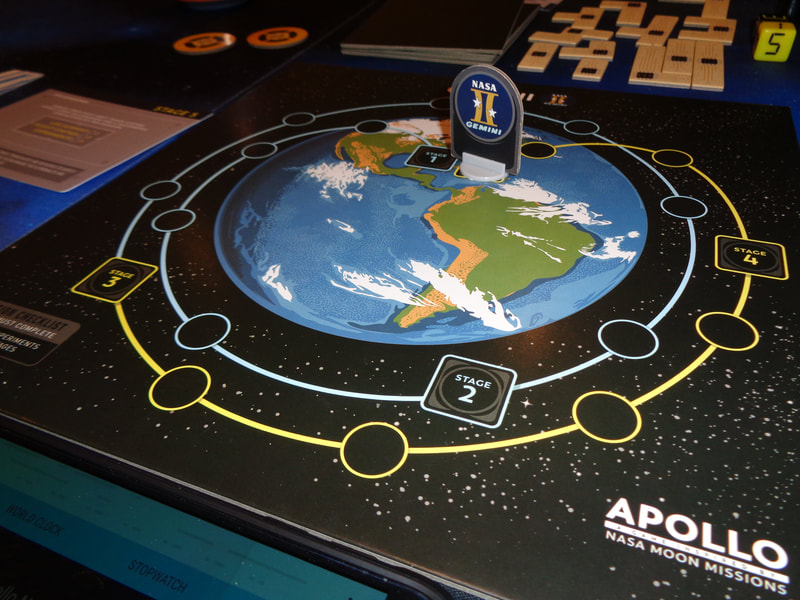
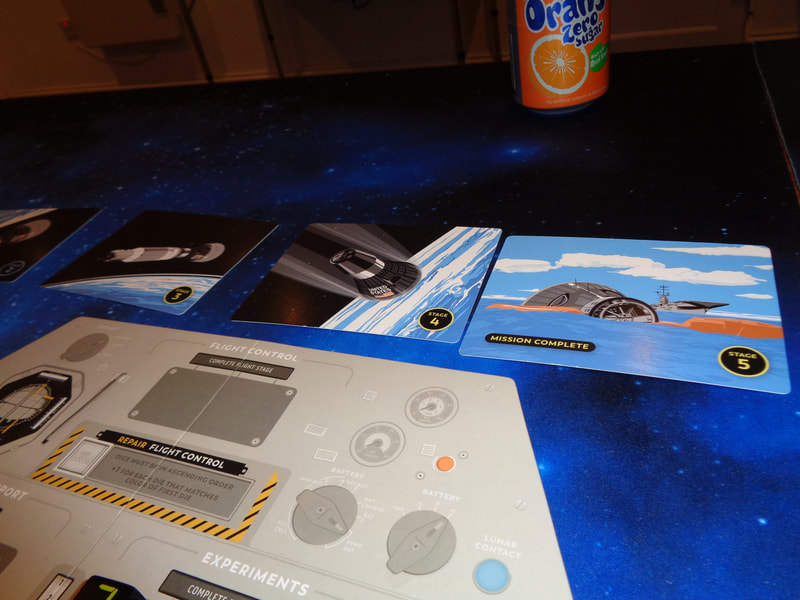
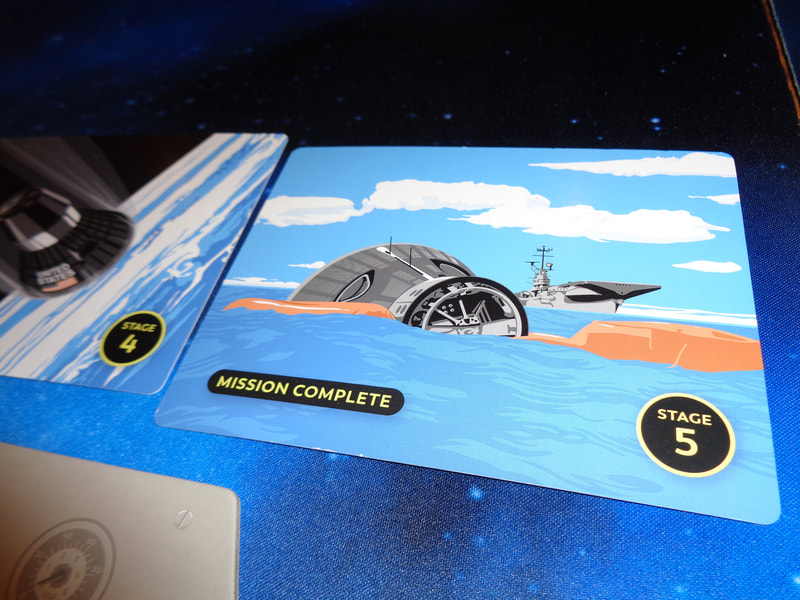
 RSS Feed
RSS Feed
